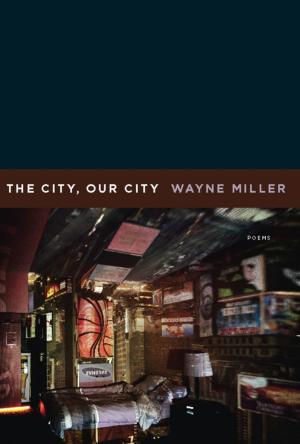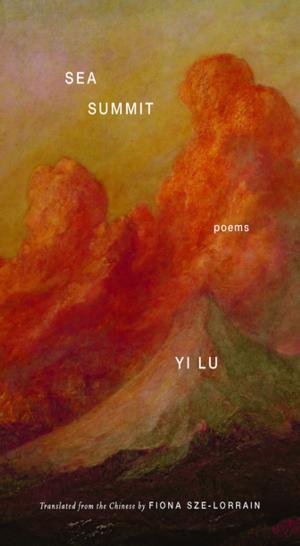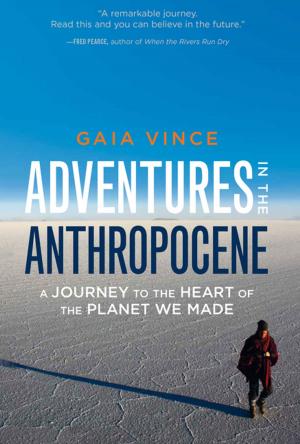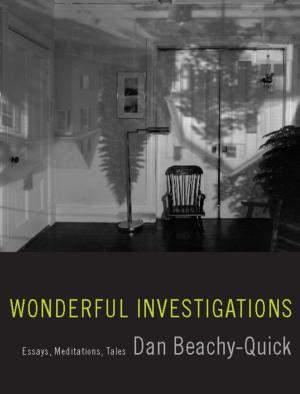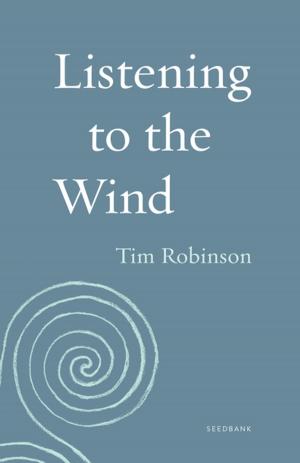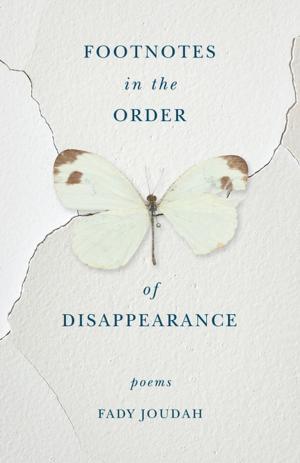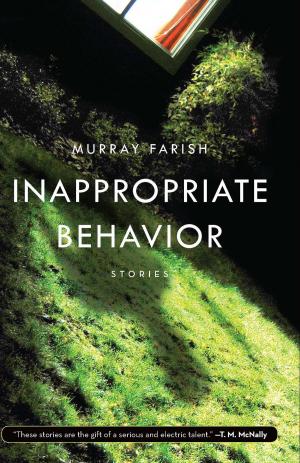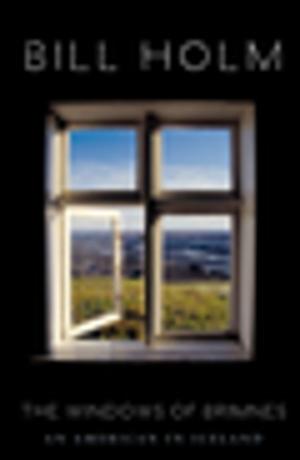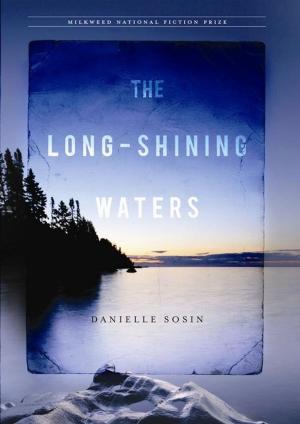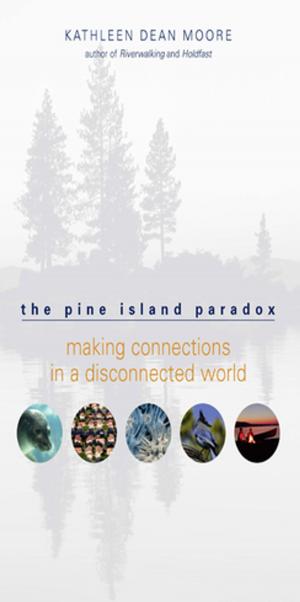| Author: | Arlene Kim | ISBN: | 9781571318374 |
| Publisher: | Milkweed Editions | Publication: | July 12, 2011 |
| Imprint: | Milkweed Editions | Language: | English |
| Author: | Arlene Kim |
| ISBN: | 9781571318374 |
| Publisher: | Milkweed Editions |
| Publication: | July 12, 2011 |
| Imprint: | Milkweed Editions |
| Language: | English |
In her stunning debut poetry collection, What have you done to our ears to make us hear echoes?, Arlene Kim confronts the ways in which language mythologizes memory and, thus, exiles us from our own true histories. Juxtaposing formal choices and dreamlike details, Kim explores the entangled myths that accompany the experience of immigration-the abandoned country known only through stories, the new country into which the immigrant family must wander ever deeper, and the numerous points where these narratives intertwine.
Sharing ground with Randall Jarrell’s later poems, and drawing on a dizzying array of sources-including Grimm’s Fairy Tales, Korean folklore, Turkish proverbs, Paul Celan, Anna Akhmatova, Antonin Dvorak’s letters, and the numerous fictions we script across the inscrutabilities of the natural world-Kim reveals how a homesickness for the self is universal. It is this persistent and incurable longing that drives us as we make our way through the dark woods of our lives, following what might or might not be a trail of breadcrumbs, discovering, finally, that we are the only path.”
Sharing ground with Randall Jarrell’s later poems, and drawing on a dizzying array of sources-including Grimm’s Fairy Tales, Korean folklore, Turkish proverbs, Paul Celan, Anna Akhmatova, Antonin Dvorak’s letters, and the numerous fictions we script across the inscrutabilities of the natural world-Kim reveals how a homesickness for the self is universal. It is this persistent and incurable longing that drives us as we make our way through the dark woods of our lives, following what might or might not be a trail of breadcrumbs, discovering, finally, that we are the only path.”
In her stunning debut poetry collection, What have you done to our ears to make us hear echoes?, Arlene Kim confronts the ways in which language mythologizes memory and, thus, exiles us from our own true histories. Juxtaposing formal choices and dreamlike details, Kim explores the entangled myths that accompany the experience of immigration-the abandoned country known only through stories, the new country into which the immigrant family must wander ever deeper, and the numerous points where these narratives intertwine.
Sharing ground with Randall Jarrell’s later poems, and drawing on a dizzying array of sources-including Grimm’s Fairy Tales, Korean folklore, Turkish proverbs, Paul Celan, Anna Akhmatova, Antonin Dvorak’s letters, and the numerous fictions we script across the inscrutabilities of the natural world-Kim reveals how a homesickness for the self is universal. It is this persistent and incurable longing that drives us as we make our way through the dark woods of our lives, following what might or might not be a trail of breadcrumbs, discovering, finally, that we are the only path.”
Sharing ground with Randall Jarrell’s later poems, and drawing on a dizzying array of sources-including Grimm’s Fairy Tales, Korean folklore, Turkish proverbs, Paul Celan, Anna Akhmatova, Antonin Dvorak’s letters, and the numerous fictions we script across the inscrutabilities of the natural world-Kim reveals how a homesickness for the self is universal. It is this persistent and incurable longing that drives us as we make our way through the dark woods of our lives, following what might or might not be a trail of breadcrumbs, discovering, finally, that we are the only path.”


